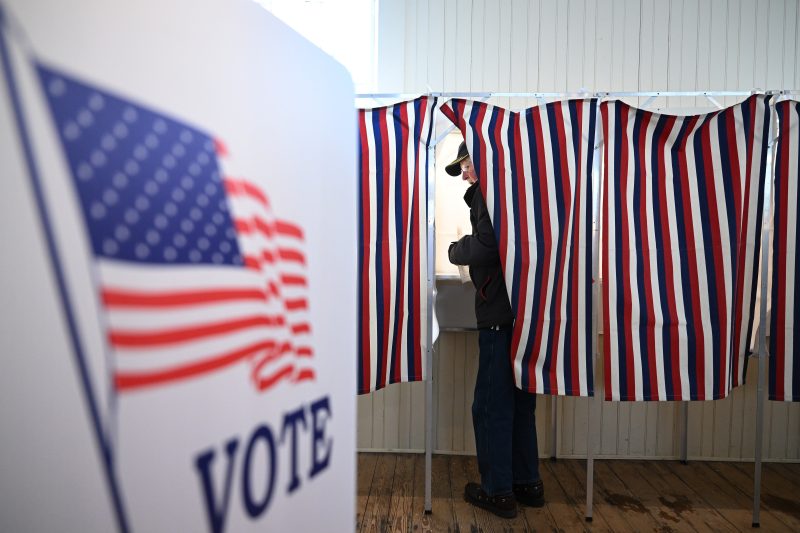The National Popular Vote Plan (NPV) Challenges the Undemocratic Electoral College
The National Popular Vote Plan (NPV) is a proposed approach aimed at reforming the current electoral college system in the United States. As debates over the fairness and effectiveness of the electoral college have intensified in recent years, the NPV has emerged as a potential solution to address the perceived flaws of the existing system.
Under the current electoral college system, the President of the United States is not directly elected by the popular vote but rather by an indirect process in which electors representing each state cast their votes based on the outcome of the state’s popular vote. This has led to situations where a candidate can win the presidency by securing a majority of electoral votes while losing the national popular vote, as demonstrated by recent elections such as those in 2000 and 2016.
The NPV seeks to address this discrepancy by ensuring that the candidate who receives the most popular votes nationwide is guaranteed to win the presidency. This would be achieved through an agreement among states to award their electoral votes to the candidate who wins the national popular vote, regardless of the outcome in their individual state. The NPV would only go into effect once states representing a majority of electoral votes (270 out of 538) have joined the compact.
Proponents of the NPV argue that it would make the presidential election process more democratic and reflective of the will of the American people. By shifting the focus from battleground states to the national popular vote, the NPV would encourage candidates to campaign and appeal to voters across the country, rather than disproportionately focusing on a handful of swing states.
Critics of the NPV, however, raise concerns about its potential impact on smaller states and the risk of legal challenges. They argue that the current electoral college system provides smaller states with a disproportionate influence in presidential elections, which could be diminished under the NPV. Additionally, opponents question the constitutionality of the NPV, as it would effectively change the rules of the presidential election without a constitutional amendment.
Despite the controversy surrounding the NPV, the proposal has gained momentum in recent years, with several states enacting legislation to join the compact. As of 2021, states representing 196 electoral votes have passed NPV legislation, bringing the plan closer to its threshold for implementation.
In conclusion, the National Popular Vote Plan presents a significant challenge to the undemocratic nature of the electoral college system in the United States. While it has garnered support for its potential to ensure that the candidate who wins the most popular votes becomes president, the NPV also faces criticisms and legal hurdles. As debates over electoral reform continue, the future of the NPV and its impact on the presidential election process remain uncertain.
